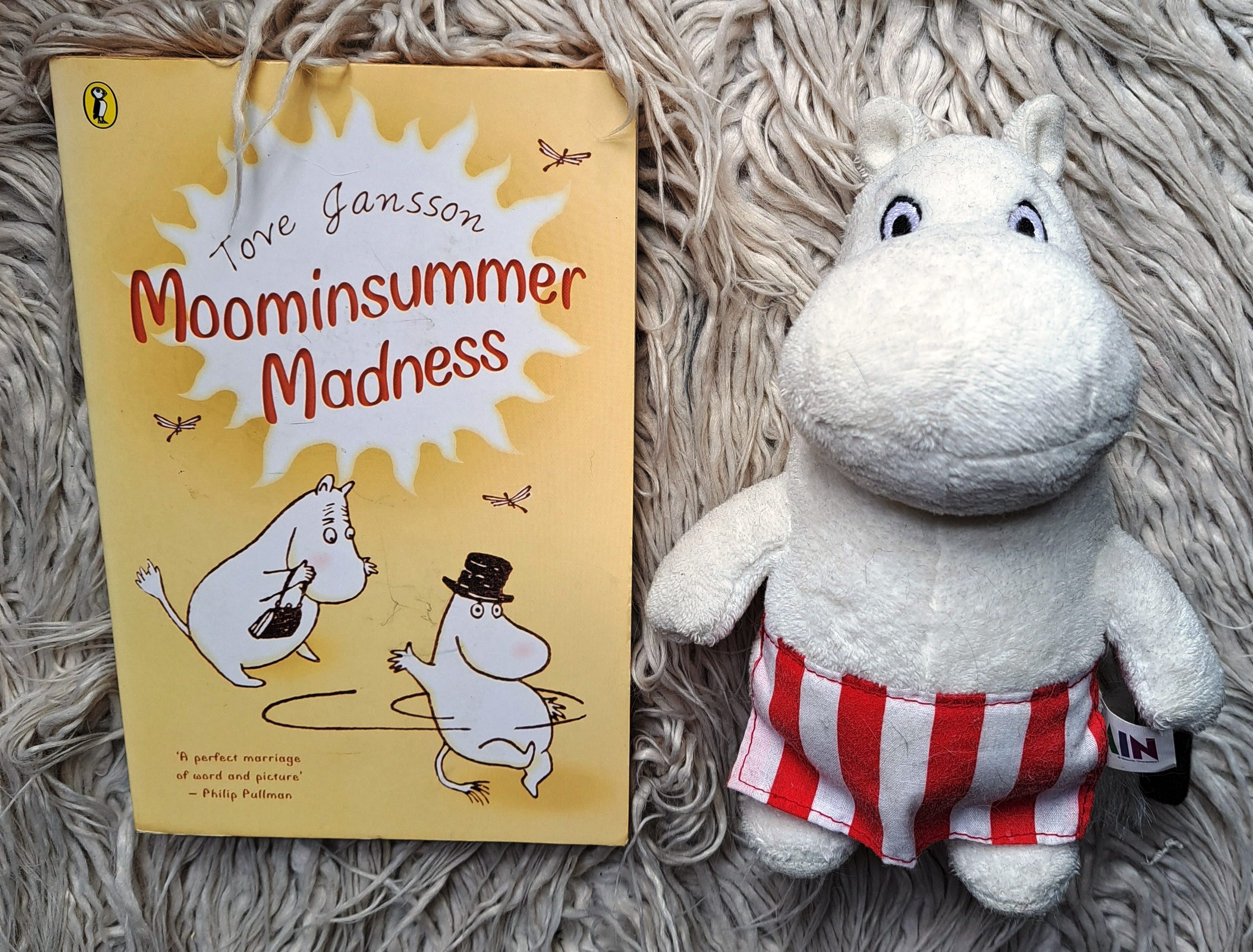This week, as the year reaches its halfway point, I’m taking stock of how I spend my time.
Category: Family
Ringing for the King and Me
With only a few weeks to go until the King’s coronation, volunteers are still being sought to “Ring for the King”. Here’s why I’m glad to be a bell ringer.
Now We Are 6(3)
How old will you be in 2023? About to turn 63 as I’m writing this column, I’ve always been grateful for being born at the start of a decade and in the first month of the year. Being a child of the Sixties sounds far more exciting than a child of the Fifties, and it’s very easy to calculate my age at any time.
My Past Writing Year
Before sharing my goals for 2023, I’ve been looking back on what I achieved in 2022 – which was rather more than I expected!
At the turn of the year, when I sat down to set my writing goals for 2023 – more on those in next week’s post – I decided first to list my writing-related achievements in 2022, on the principle that writing a “what I did today” list always makes my next day’s to-do list look less daunting.
Here’s what I came up with (I’ve typed the numbers in figures rather than words to make it easier to follow):
Just Keep Singing
Tight writing deadlines in the last few months have meant I’ve got way behind on my blog – so please excuse me if I now have a quick catch-up to shoehorn in two articles I wrote for the Tetbury Advertiser in November and December, before I run out of 2022! This article was written for the November 2022 issue of the Tetbury Advertiser. I’ll post the December one tomorrow.
A recent free concert at St Mary’s, Tetbury by the St Cecilia’s Singers provided a lightning tour of four hundred years of Anglican choral music, from Tallis to Tavener. Listening to the music, I gazed up at the soaring windows and ceiling, remembering from school history lessons that Gothic architecture was designed to draw the eye heavenward. St Mary’s high box pews reminded me, as box pews always do, of earthly coffins. Memento mori all round, then.





